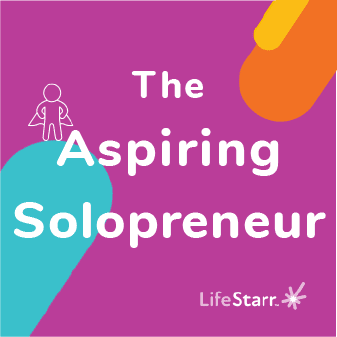Innovative Financing: Pension Funds for a Greener Future
- Innovative Financing: Pension Funds for a Greener Future 19:46
With guest Tim MacDonald , we continue the conversation about the challenges of transitioning to clean energy. It’s not merely a matter of upgrading Technology; it is a complex process that requires significant financial backing, which is often hard to come by. As we wrap up 2024, we reflect on the abundance of venture capital available for clean energy investments and the stark reality that businesses seeking to change their systems often find limited support.
Key Challenges:
- Maintenance Funding: Maintenance is often viewed as unexciting and not conducive to business Growth, leading to a lack of available funding options. Businesses typically self-fund their maintenance programs, which can hinder their ability to innovate and adopt new technologies.
- Financial Viability: Demonstrating financial viability to potential investors is crucial. Businesses need to model themselves as cash flow machines to attract investment.
Negotiating with Pension Funds
To navigate these challenges, Tim McDonald suggests that businesses should seek partnerships with pension funds and go armed with
Clear Budgeting: Start with a clear budget that outlines the business’s goals, inputs, and expected revenue.
Cash Flow Modeling: Model the business as a cash flow machine to demonstrate financial viability to potential investors.
An Equity Payback Model: Establish a fair agreement that outlines how surplus revenue will be shared with pension investors. This allows businesses to retain more cash flow as they grow, ultimately leading to a self-funding operation.
It’s A Vision for the Future
Tim shares an ambitious vision for addressing climate change on a global scale. He proposes that pension funds should collectively acquire fossil fuel companies to remove them from capital markets, allowing these companies to transition away from fossil fuels without the pressure to maintain share price growth. As part of the conversation he also shares six principles of fairness that should guide all operations in this new paradigm:
Fair Trade: Ensuring fairness in supply chain Relationships.
Fair Engagement: Engaging with communities, including government and regulatory bodies.
Fair Reckoning: Acknowledging and addressing the environmental and social consequences of business practices.
Fair Working: Ensuring fair treatment of workers in the workplace.
Fair Dealing: Promoting fair competition and dealings in the market.
Fair Sharing: Ensuring that savers and investors receive fair returns on their investments.
Final Thoughts:
- Collaboration and Innovation: The path forward requires collaboration, innovation, and a commitment to doing better for the planet and future generations.
- Meaningful Change: In a world grappling with the consequences of past actions, it is imperative that we collectively strive for a more sustainable and equitable future.
The 5Cs podcast, book and community are about shining a light on a better path. Think of it as a global village of business people giving Planet Earth a hand up. You can find Charlene Norman on LinkedIn and here. Consider subscribing for more thoughts from the 5Cs on Substack.



























